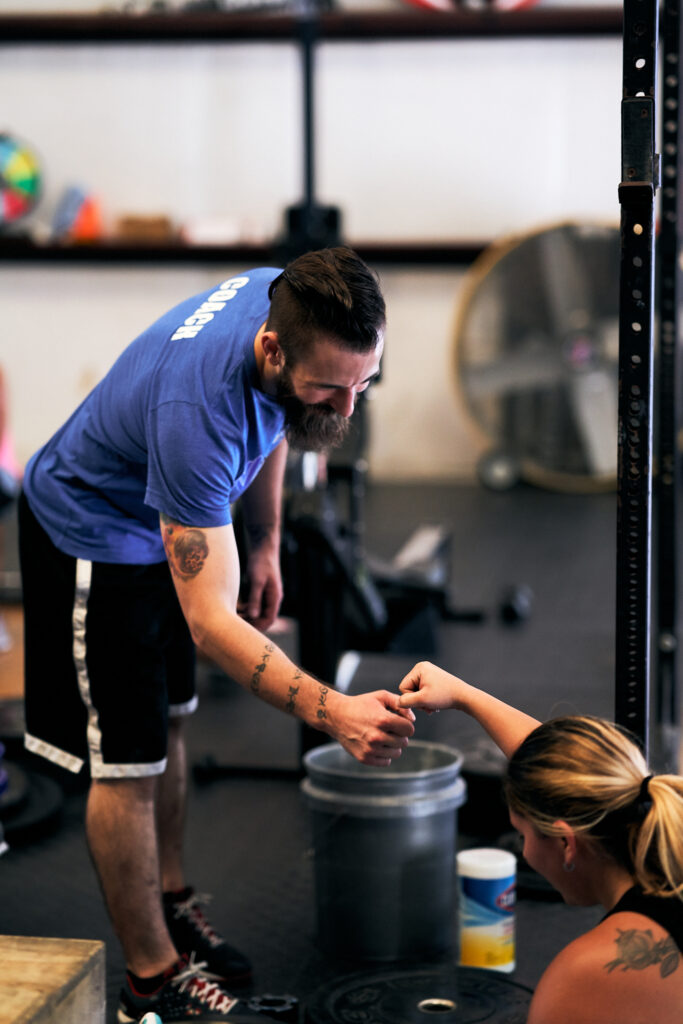
People finally decide to take control of their lives. They are tired of feeling badly, feeling tired, and lacking energy for daily activities. They find the courage to sign up for a new gym membership with the best of intentions and desire.
With a typical gym membership, 63% of those who decided it was time for a change never use their gym membership. 82% percent will use their gym membership less than once per week. They fail to reach move towards their health and fitness goals.
This causes frustration and a feeling of hopelessness.
There are several reasons why people may fail to achieve their fitness goals. Here are some of the most common ones:
Lack of Commitment: Many people start off with good intentions but struggle to stay committed to their fitness goals over the long term. They may lose motivation or get easily discouraged when they don’t see immediate results.
Unrealistic Expectations: Setting unrealistic goals can set people up for failure. If someone expects to see dramatic changes in a short period, they may become frustrated and give up when progress is slower than anticipated.
Poor Planning: Failing to create a well-thought-out plan can hinder progress. Without a clear roadmap, it’s easy to become overwhelmed or lose focus. Setting specific, achievable targets and developing a structured workout routine can help maintain consistency.
Inadequate Knowledge or Guidance: Lack of understanding about proper exercise techniques, nutrition, and overall fitness can hinder progress. Without the necessary knowledge, people may engage in ineffective or potentially harmful practices, leading to frustration and failure.
Lack of Accountability and Support: Having a support system in place can significantly impact success. If individuals don’t have someone to hold them accountable or provide encouragement, it’s easier to give up or make excuses.
Overtraining or Undertraining: Finding the right balance in training intensity and volume is crucial. Overtraining can lead to burnout and injuries, while undertraining may result in minimal progress. Learning to listen to one’s body and adjust the training regimen accordingly is important.
Poor Time Management: Time constraints can be a significant barrier to achieving fitness goals. Failing to prioritize exercise and healthy habits in a busy schedule often leads to inconsistent efforts or skipping workouts altogether.
Lack of Adaptability: Sometimes, people become fixated on a particular exercise routine or diet plan and fail to adapt to changing circumstances. A rigid approach can lead to frustration when faced with obstacles or unexpected situations.
Emotional and Psychological Factors: Emotional eating, stress, lack of self-confidence, or negative body image can all undermine fitness goals. Addressing these psychological factors is essential for sustainable progress.
Lack of Enjoyment: If people don’t enjoy their chosen activities or find them monotonous, they are more likely to give up. Finding activities that are enjoyable and sustainable can make a significant difference in long-term success.
The good news; a coach can help with each and every one of these reasons.
It’s important to note that everyone’s journey is unique, and different individuals may face various challenges along the way. A coach can help in identifying and addressing these obstacles which can help individuals stay on track and increase their chances of achieving their fitness goals.
